May 3, 2024 | 04:06 GMT +7
May 3, 2024 | 04:06 GMT +7
Hotline: 0913.378.918
May 3, 2024 | 04:06 GMT +7
Hotline: 0913.378.918
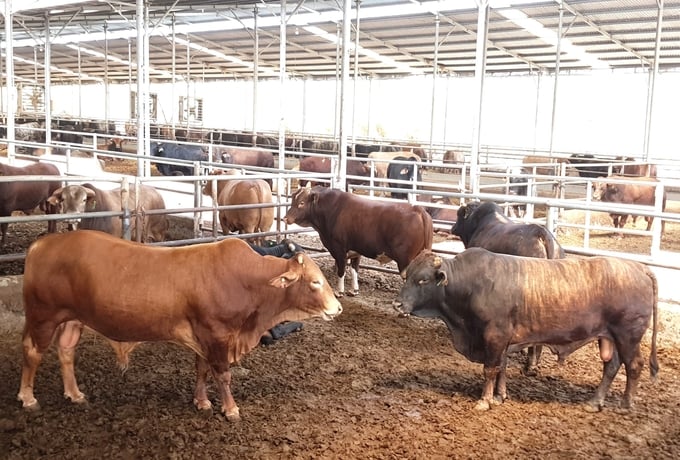
Gia Lai, home to the largest cattle herd in the country, greatly values its livestock feed supplies. Photo: Tuan Anh.
The livestock herd in Gia Lai province currently consists of approximately 14,000 buffaloes, 470,000 cattle, 790,000 pigs, and 7.4 million poultry. Notably, industrial and farm-based livestock production accounts for 36% of the province's total production output. Additionally, the value of Gia Lai's livestock sector is estimated at 6,400 billion Vietnamese dong, which represents over 19% of the province's agricultural sector.
Despite a favorable environment for the development of livestock production, Gia Lai relies heavily on external industrial feed sources.
According to Ms. Vu Thi An Chau, Deputy Director of the Gia Lai province's Sub-Department of Livestock Production and Animal Health, the province currently houses a single feed processing plant with an annual capacity of 700 tons. The majority of the local industrial feed suppy is sourced from processing plants located outside the province. Additionally, the province manages 185 livestock feed suppliers with monthly sales ranging from 1 to 50 tons.
With over 2,200 pigs and 250 cattle, Mr. Tran Muoi's farm in An Thuan village, Cu An commune, Dak Po district primarily focuses on selling livestock products. In addition to using compound feed, Mr. Muoi invested in 40 hectares of corn, wheat, and grass production areas to ensure a stable feed source for his livestock.
"This production model allows us to control the breeders and maintain feed quality, thereby effectively managing disease outbreaks. We typically sell between 150 and 180 pigs every month. After deducting investment costs, we earn around 3 billion Vietnamese dong in annual profit," shared Mr. Muoi.
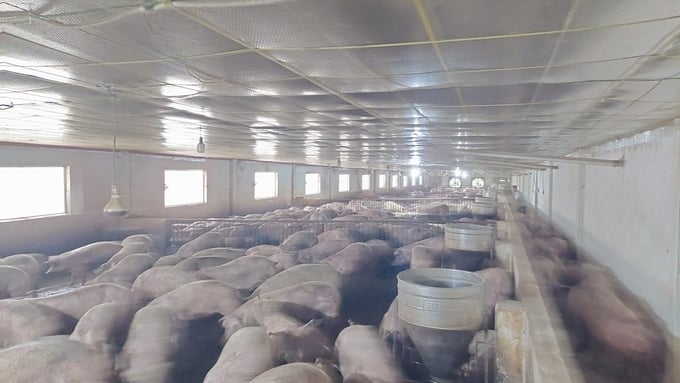
Feed plays a crucial role in the development of livestock production in Gia Lai province. Photo: Tuan Anh.
Ms. Hoang Thi Nha, a livestock farmer in Tan Thuy village, Ia Ve commune, Chu Prong district, manages a stable herd consisting of 30 to 40 breeding sows and meat pigs, and over 150 chickens. According to her, feed plays an indispensable role in effective livestock production and disease prevention. In addition to industrial feed, Ms. Nha utilizes rice bran, corn, and vegetables as a cost-effective feed source for her livestock.
According to Ms. Vu Thi An Chau, the province is developing various mechanisms and policies that prioritize investment in the construction of livestock feed processing plants to address the local feed challenge.
Regarding feed solutions, Mr. Nguyen Kiet, General Director of the Fago Feed Company Limited - Central Region Branch, reported that the company has invested in the construction of a feed and veterinary medicine production plant in Binh Dinh province. This facility is designed to have an annual capacity of 200,000 to 300,000 tons. The production plant will officially begin operations in early June 2024, with the aim of efficiently catering to the feed demand of livestock production.
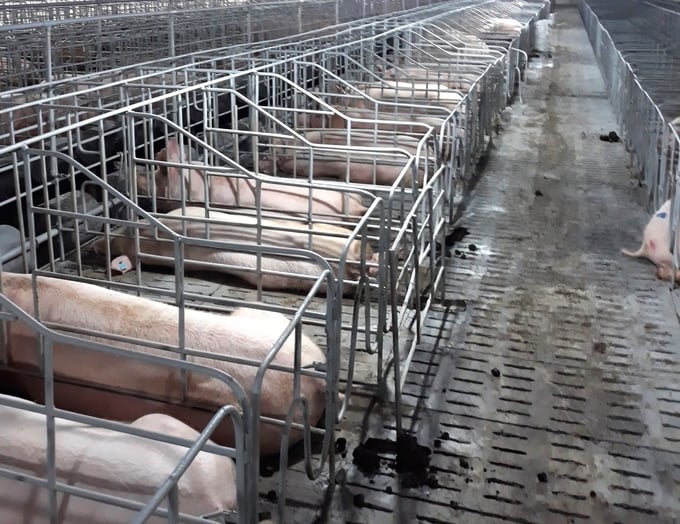
Gia Lai is actively promoting the construction of livestock feed processing plants. Photo: Tuan Anh.
On the other hand, the company has also invested in the construction of breeder pig farm in Nghia Hung commune, Chu Pah district, Gia Lai province. The farm is capable of accommodating 1,200 breeding sows and 8,000 meat pigs. Fago Feed Company will continue to support Gia Lai province in the future by supplying livestock feed to local businesses and farms, thereby maintaining the sustainable development of the province's livestock industry.
According to Mr. Doan Ngoc Co, Deputy Director of Gia Lai province's Department of Agriculture and Rural Development, the province will focus on encouraging livestock farmers to utilize agricultural by-products and residues as animal feed, and minimizing the use of industrial feed to reduce production costs. Stakeholders will also enhance their efforts in animal disease prevention and control, and regularly promote biosecurity in livestock production.
In the foreseeable future, Gia Lai province aims to promote and prioritize investment in high-tech, automated and smart livestock production. Notably, the province will focus on establishing livestock feed processing plants to meet both local and regional demand.
According to the provincial livestock development plan until 2030, Gia Lai aims to achieve a production value of approximately 14,800 billion Vietnamse dong; and a herd consisting of 16,000 buffaloes, 600,000 cattle, 3 million pigs, and 6 million poultry. Additionally, the plan aims to increase the scale and proportion of high-tech, industrial and organic livestock production to 60%. All local livestock farms are targeted to have waste treatment systems; 90% of local large-scale livestock facilities are targeted to receive disease-free certifications. Notably, Gia Lai province will work towards establishing local livestock feed processing plants to meet at least 50% of the livestock production demand.
Translated by Nguyen Hai Long
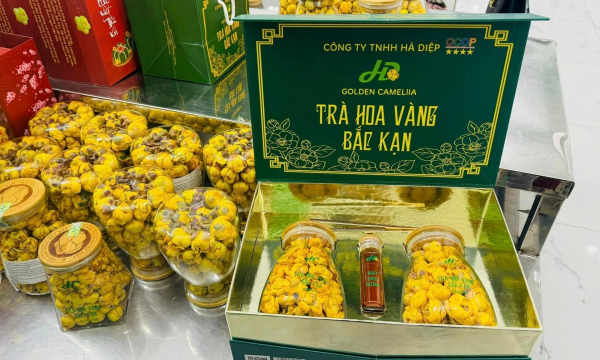
(VAN) In 2024, Bac Kan province has acquired investments for 10 projects in the agriculture and forestry sectors, with a particular focus on the production and processing of medicinal plants.
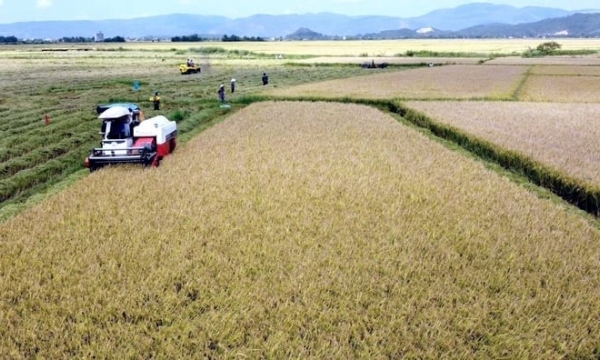
(VAN) Phu Yen is one of the localities with the conditions to develop high-tech agriculture, seafood processing and aquaculture.
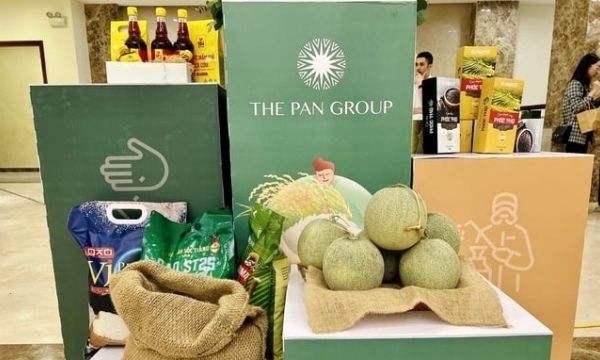
(VAN) In response to climate change concerns and economic challenges, PAN Group sets target of 12% revenue growth with natural agriculture solutions.
/2024/04/26/4910-3-173953_784.jpg)
(VAN) The Nestlé Net Zero Roadmap launched in 2020 has helped the Group transform its business operations and implement measures to reduce greenhouse gas emissions in all fields.
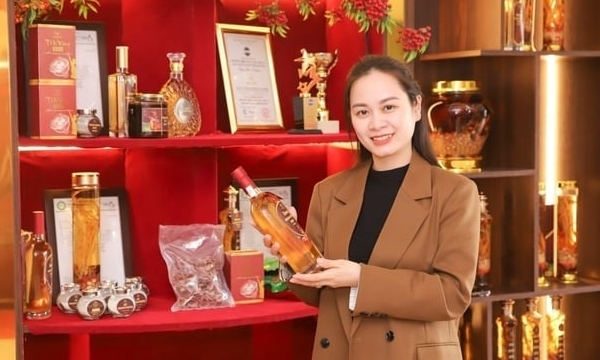
(VAN) Deer antler velvet is known as one of the 'Four Great Traditional Medicines'; however, the value-added aspect from the deep processing of deer velvet is currently overlooked.

(VAN) The three main factors causing the lack of sustainability in the growth of e-commerce in Vietnam are digital divide, digital workforce, and environment
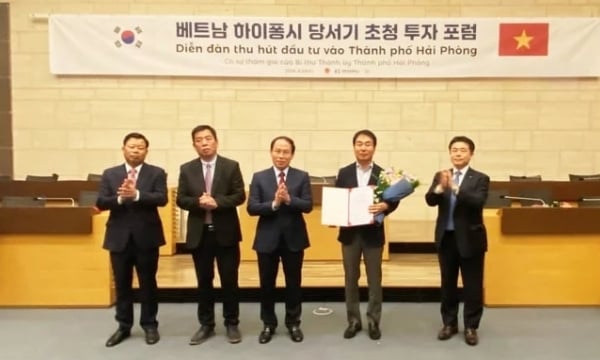
(VAN) South Korean enterprises have increased their investment capital in the city of Hai Phong by nearly VND 400 million following a series of meetings.